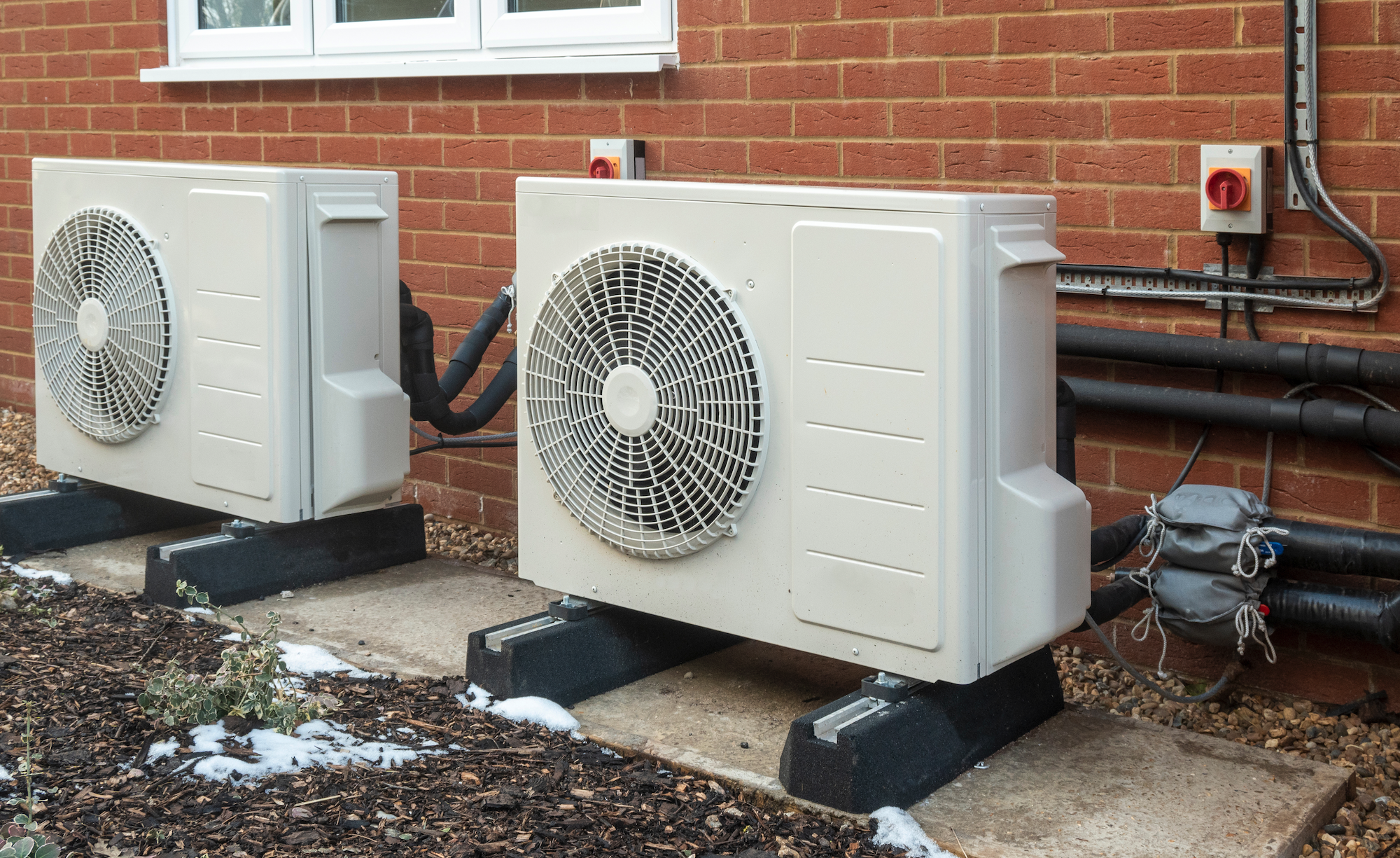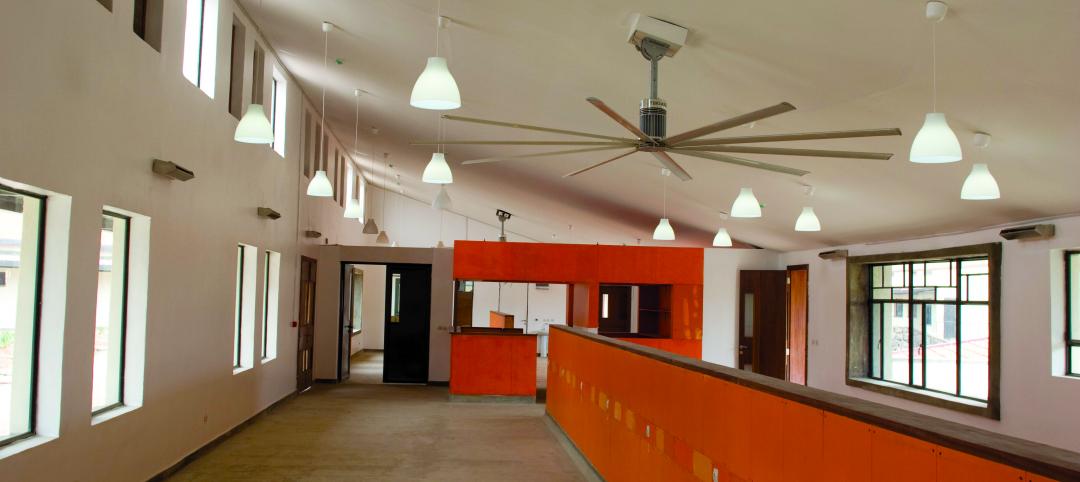The Washington State Building Code Council has voted to require heat pumps for all new residential construction starting in July 2023.
The new mandate has drawn criticism over concerns that it will add costs to housing construction, especially given current supply chain challenges for heat pumps.
An official with the Building Industry Association of Washington said the measure was a “de facto ban on natural gas” because it would mean that bringing in gas lines for cooking, backup heating, and decorative fireplaces would be cost prohibitive.
The code also applies to system upgrades, the official said. Homeowners that would want to upgrade the output of their gas furnaces would have to install a heat pump instead.
One Washington legislator said the mandate would mean higher up-front costs that make housing less affordable, increased potential for brownouts and blackouts due to grid-capacity constraints, and the prospect of higher energy bills.
Related Stories
| Jun 28, 2011
Business case for net-zero
BD+C Editorial Director Robert Cassidy talks to Philip Macey, AIA Haselden Construction, about the cost and effect of net-zero buildings.
| Jun 1, 2011
Low-energy fans help combat disease in Rwandan clinic
Isis fans from Big Ass Fan Co. help kill airborne pathogens in Rwanda’s Butaro Health Clinic by passing air over UV lights.
| May 25, 2011
Smithsonian building $45 million green lab
Thanks to a $45 million federal appropriation to the Smithsonian Institution, the Smithsonian Environmental Research Center in Edgewater, Md., has broken ground on what is expected to be one of the most energy-efficient laboratories in the country. The 69,000-sf lab is targeting LEED Gold and is expected to use 37% less energy and emit 37% less carbon dioxide than a similar building.














